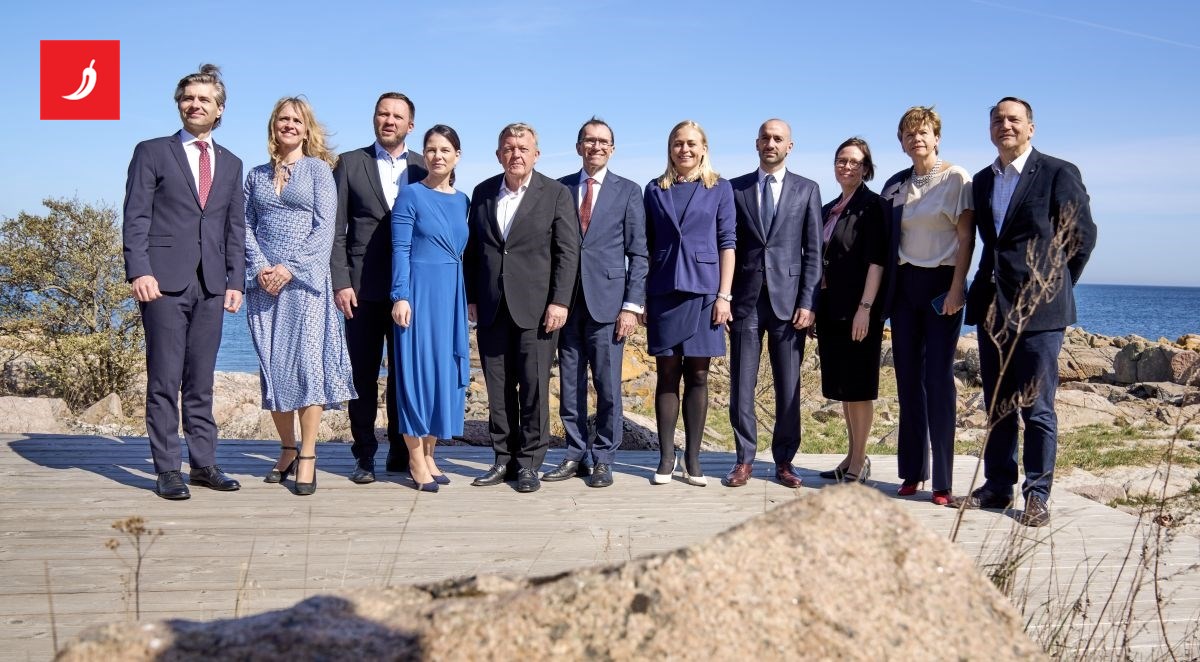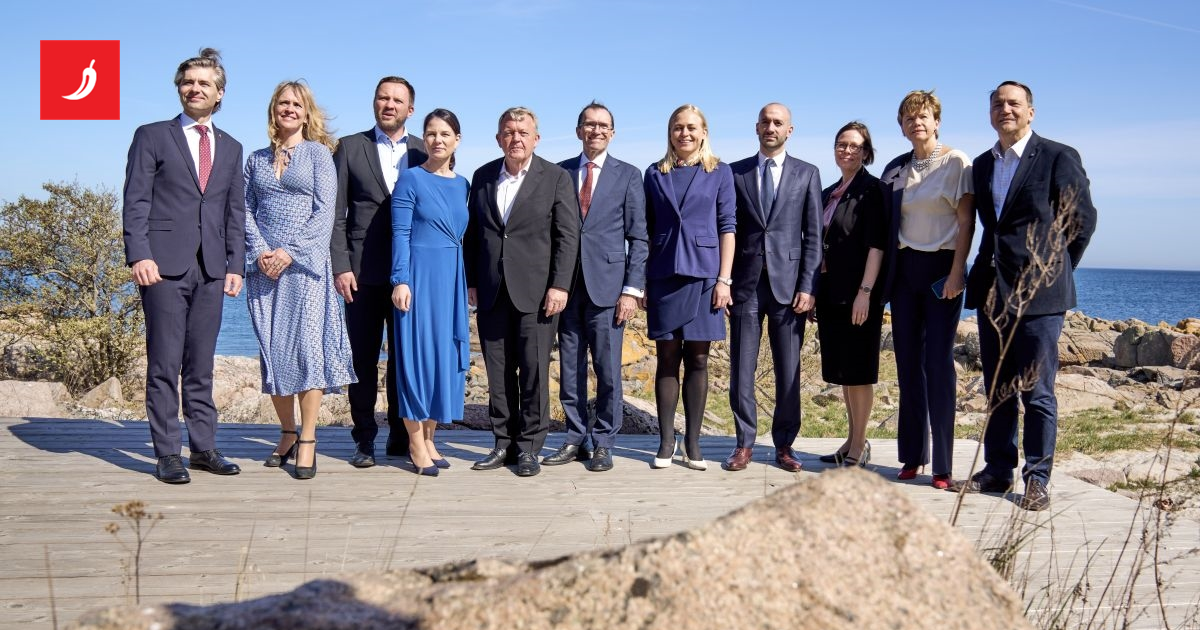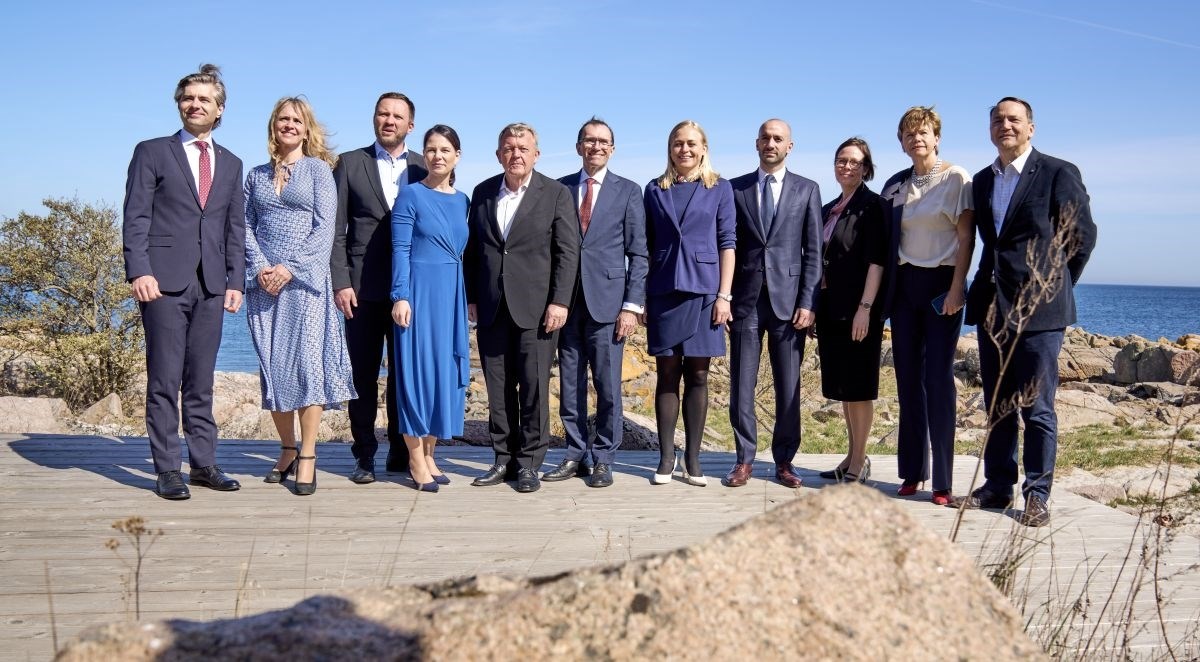As the European political scene becomes increasingly unstable due to populism, the Nordic and Baltic countries (NB8) are emerging as a stable geopolitical anchor in Europe. These small states, including Denmark, Estonia, Finland, Iceland, Latvia, Lithuania, Norway, and Sweden, act collectively on defense and political issues, especially in the context of Russia’s invasion of Ukraine. The NB8 countries are known for their democratic stability, societal resilience, and integration into defense structures such as NATO and the EU. They are among the most consistent supporters of Ukraine and strongly advocate for European security and resilience against hybrid threats. Although small, their regional cooperation and joint military concepts, such as the Nordic air division, enhance their influence. However, their economies depend on a stable global environment and free trade, which poses challenges amid rising protectionism and geopolitical instability.
Political Perspectives:
Left: Left-leaning outlets emphasize the democratic values, social resilience, and regional cooperation of the Nordic and Baltic countries as a model for Europe. They highlight the strong support for Ukraine and the importance of collective defense against Russian aggression, framing NB8 as a beacon of stability and progressive governance in a turbulent geopolitical landscape.
Center: Centrist sources focus on the strategic importance of the NB8 countries as a geopolitical anchor in Europe, noting their military integration within NATO and EU frameworks. They stress the practical aspects of their cooperation, such as joint military units and coordinated policies, and their role in maintaining European security and stability amid rising populism and geopolitical tensions.
Right: Right-leaning perspectives underline the NB8 countries’ firm stance against Russian aggression and their commitment to national defense and sovereignty. They often highlight the military readiness, including conscription and reserve systems, and the importance of strong defense alliances. The narrative may also include concerns about economic dependencies and the need for increased defense spending to counter threats.



























